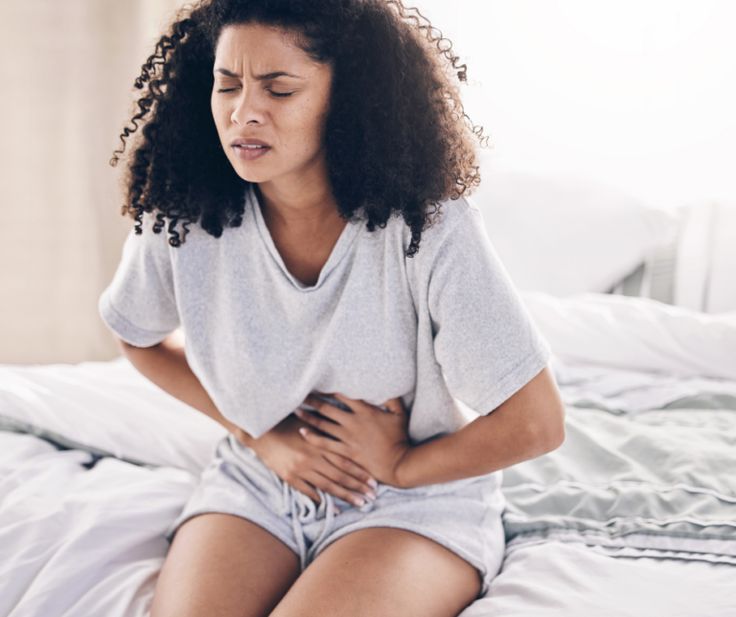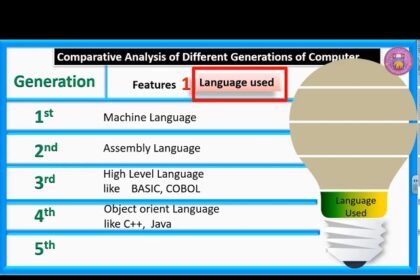PMS is Not the Punchline: Imagine yourself as a young girl living in a rural village in Pakistan. You wake up and notice your period has started. Panic sets in, not because of the blood, but because you cannot tell anyone in your house or ask for help and necessary supplies. How dare you even talk about such a taboo topic in front of your father and brothers? You find an old rag and use it in place of a sanitary napkin because that is all that can be provided. With a dull pain in your lower back, you walk to school. By midday, that dull ache turns into an intense pain in your abdomen.
So severe that it feels like someone is stabbing your uterus. You can’t even stand up straight, let alone focus in class. You want to excuse yourself from school for the day, but cannot come up with any excuse that does not bring fear and shame to you. Bearing the pain and clutching your stomach, you somehow make it to the end of the day. This, ladies and gentlemen, is the sad reality of 79% of girls in Pakistan.
Periods in Pakistan: A Taboo
Periods in Pakistan are hidden behind hushed whispers and brown paper bags. These brown bags do not just carry sanitary napkins but rather the weight of the taboo around menstruation. Encouraging girls to hide such a basic necessity in paper bags only worsens the portrayal of periods as a stigma or something that should be hidden, making them feel like it’s a secret that shall never be disclosed. Girls are encouraged to hide a part of their identity.
This secrecy creates silence, and this silence creates ignorance. This prevents young girls from seeking advice and asking questions related to something they experience on a monthly basis. Most of them do not even know anything about menstruation when they get their first period. They bleed without understanding why. Periods are not only treated as taboo but also often used as a stereotype or joke amongst boys. “Must be on her period” they scoff when a girl is angry or upset.

Male teachers often ignore the complaints of girls related to menstruation and claim they are overreacting. This just highlights how insensitive the opposite gender is towards PMS — a time before periods begin during which women experience intense mood swings, depression and abdominal cramps.
Girls on their periods are often laughed at by boys if they stain their dress. Due to a lack
of awareness and education, boys do not understand menstruation, leaving girls feeling ashamed. The same applies to the workplace. Women make up 22% of the labour force
of Pakistan, but most of these workplaces offer close to no concessions during their period. Periods seriously affect the performance of females in schools and workplaces.
Girls feel scared to get up to answer in class due to the fear of staining uniforms, cannot focus and perform well due to cramps and face difficulty taking part in sports. Some even take a day off from school during their periods. While in the workplace, not providing women with adequate facilities leads to them suffering every month and creates a sense of gender inequality, as it seriously affects their productivity.
The Price of Bleeding: Period Poverty and Class Divide
Periods not only come with excruciating pain and fatigue but also with a cost of approximately PKR 400,000 — including sanitary napkins and painkillers — in a woman’s lifetime.
In a world where these necessities should be free of cost, they cost women a fortune. These insanely high prices act as a bridge between the upper class who can afford them and the less privileged women, especially those living in rural areas, where, let alone sanitary napkins, even clean water and bathrooms are not available. These women then use rags and leaves in place of pads, and reusing such rags could lead to serious infections, complications during childbirth and high maternal and child mortality.
This represents the class-based suffering that women experienced due to menstruation. Most women in Pakistan live below the poverty line, so sanitary napkins are a luxury to them. This concept is known as ‘period poverty’. It leaves low-income families in a tough position where they are forced to choose between food and hygiene. While girls from financially stable families who go to elite private schools have access to clean water, proper washrooms and some colleges even have pad vending machines. This creates a sense of disparity as two girls going through the same situation are provided with such different conditions.
The System is Failing Girls
If you look at it as a whole, all of this ties back to political and systemic issues. Imposing heavy taxes on period products so that affording them becomes difficult for most women in Pakistan portrays a gender bias in government policies. Not providing clean water, sanitation systems and sanitary napkins to women all over the country shows how unfairly the budget is divided. Furthermore, not teaching both genders about menstruation and creating awareness about it just worsens the neglect and taboo around it and shows a disregard for female hygiene. The issue persists in workplaces as well, where women are not provided with proper clean restrooms, disposal bins, and access to sanitary products and are expected to work as well as their male colleagues despite experiencing fatigue, nausea, and searing abdominal pain. Due to the taboo around periods, women feel uncomfortable even speaking up to ask for accommodations.
The Way Forward
Workplaces must provide menstrual hygiene facilities, menstrual leaves, and raise awareness to normalise this to make their female employees feel comfortable. As for schools, whether public or private, menstrual education must be a part of the curriculum for both boys and girls. Schools should be equipped with all necessary products and resources to help girls during their period. The government must realise that sanitary napkins are a necessity, not a luxury and must remove taxes from them, making them affordable for low-income families as well. NGOs should make initiatives to provide rural women with the knowledge and supply of sanitary napkins and ensure there are proper sanitation systems so that women do not have to walk miles, while already in pain, just to use the washroom. It is time to lift the veil so no girl should ever have to suffer in silence again.















